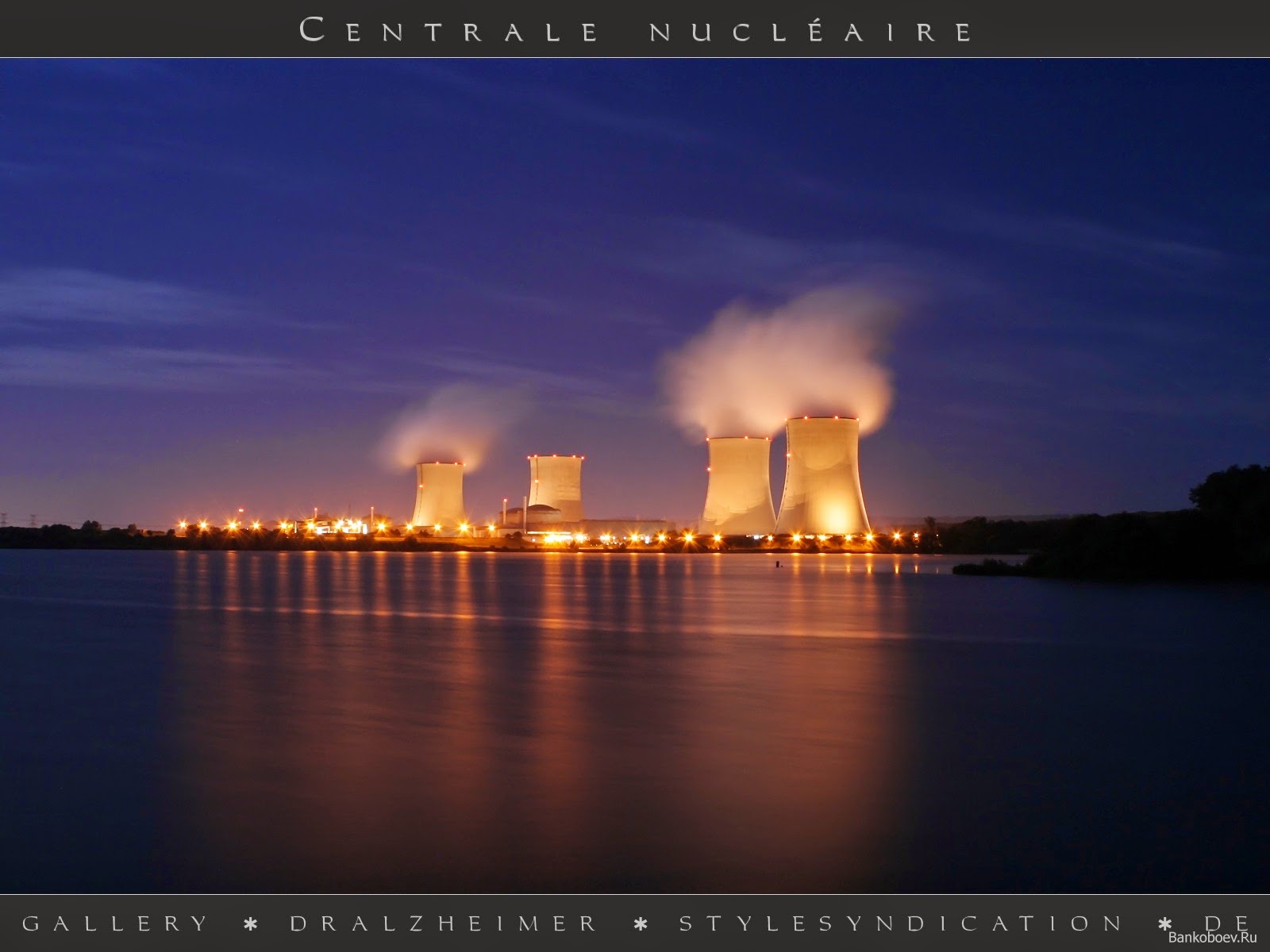Iran consumes 1.6 billion barrels of oil equivalent
Iran's energy consumption level increasingly rises, while the energy productivity and energy intensity (EE) are worsening year to year.
The head of Iran Energy Efficiency Organization Hossein Sajjadi says Iran's annual energy consumption is about 1,600 million barrels of oil equivalent.
According to State TV website, Iribnews.ir, Sajjadi said on May 21 that about 400 million barrels of oil equivalent energy was wasted before being consumed, while 1200 million barrels of oil equivalent is consumed.
Only 300 million barrels of oil equivalent of energy are used in the industrial sector.
Iran's energy consumption ratio, as well as energy intensity is much higher than the world's average, while its energy productivity is very low.
Energy intensity (EE) is energy consumption relative to Gross domestic product (GDP) and energy productivity (EP) is the ratio of GDP to energy consumption.
The International Monetary Fund warned Iran to reduce EE as much as possible during its latest report, released on April 8.
According the latest annual report of Iran Energy Efficiency Organization, released last month and covers the statistics of 2012, Iran's final energy consumption was 1058.6 million barrels of oil equivalent.
Therefore, during the last two years, the country's energy consumption increased by 141.1 million barrels of oil equivalent.
The report says that natural gas shares 53.45 percent of the country's energy consumption, while the oil production and electricity have 35.75 and 9.93 percent shares in Iran's energy consumption basket.
Iran's energy consumption and GDP (at Constant price 1997) based on National Iranian Oil Refining and Distribution Company's (NIORDC) statistics:
The figures indicates that a huge growth in Iran's energy consumption occurred during the last three decades.
According to Sajjadi's statement, making the energy consumption rate and energy intensity in Iran 1.5 times more than the global average.
According to official statistics, for every one million dollar gross revenue gain, about 600 to 800 tons of oil equivalent energy is consumed in the country.
Regarding the 5.8 percent and 1.5 percent contraction in Iran's economy during 2012 and 2013 respectively, as well as increasing the energy consumption by 141.1 million barrels oil of equivalent during the last two year, the current energy intensity figure should be much higher than 2011's.
The other major problem in Iran is that according Sajjadi's statement, only 300 million barrels of oil equivalent of energy annually is used in the industrial sector, sharing 25 percent and 19 percent of final energy consumption and total energy consumption (including the wasted energy amount) respectively.
According to the Iran Energy Efficiency Organization's report, the country's industry sector consumed 303.7 million oil equivalent of energy in 2012 indicates no change compared to 2014's figure.
The energy consumption level in industry sector remained unchanged during the last three years, while the country's final energy consumption increased by about 12 percent (from 1058.6 to 1200 million barrels oil equivalent) during this period, mostly in the housing and transport sector.
Below is Iran's fossil energy carriers consumption per day according to the data derived from NIORDC's annual reports. (Iran's fiscal year begins on March 20)
Fiscal year
|
Total daily energy consumption
Kb of OE*
|
Daily gas consumption
Kb of OE
|
Daily liquid fuels
Kb of OE
|
1979-80
|
565
|
63
|
479
|
1989/90
|
1062
|
248
|
779
|
1999-2000
|
2084
|
1025
|
995
|
2004-2005
|
2931
|
1689
|
1174
|
2009-2010
|
3918
|
2504
|
1332
|
2010-2011
|
4027
|
2673
|
1274
|
2011-2012
|
4070
|
2707
|
1290
|
2012-2013
|
4120
|
2688
|
1362
|
* 1000 barrels of oil equivalent per day
** including gasoline, oil-gas, kerosene and fuel oil



Comments
Post a Comment